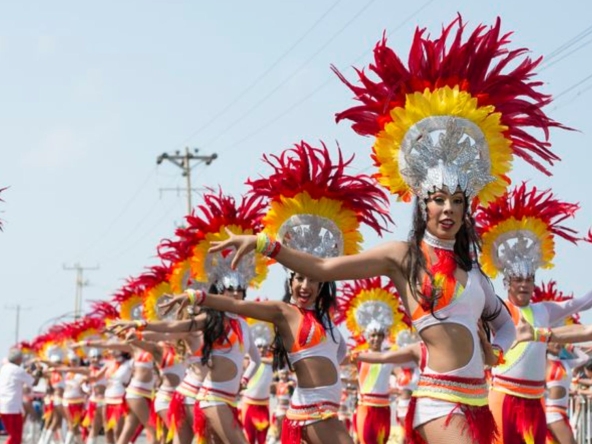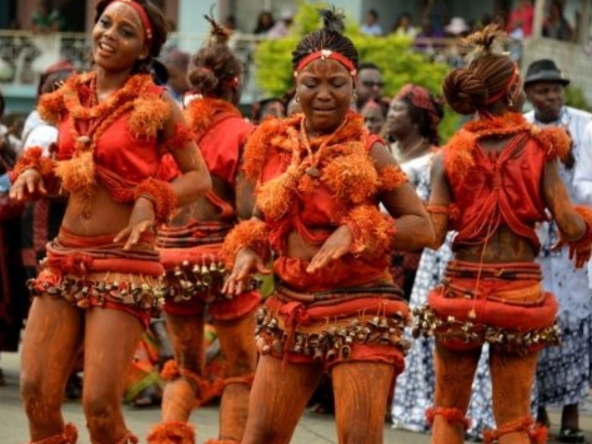The lifestyle in Calabar is a blend of traditional and modern influences, reflecting the city\’s rich cultural heritage and its status as an urban center. Here are some key aspects of life in Calabar:
1. Community and Social Life
Strong Community Ties: Calabar residents often maintain close-knit relationships with their extended families and communities. Social gatherings, festivals, and ceremonies are important aspects of life.
Respect for Tradition: Elders are highly respected, and traditional customs play a significant role in daily life, especially in rural areas. However, younger generations are increasingly influenced by modern lifestyles.
2. Cuisine and Dining
Local Cuisine: Food is central to life in Calabar, with many people enjoying traditional dishes like Afang soup, Edikang Ikong, and white soup. Meals are often communal, bringing families and friends together.
Restaurants and Eateries: In the city, there are various restaurants offering both traditional and international cuisine. Street food is also popular, providing quick and affordable meal options.
3. Arts and Entertainment
Music and Dance: Calabar is known for its vibrant music and dance culture. Traditional performances, as well as contemporary Afrobeat and hip-hop, are popular among the youth.
Carnival and Festivals: The Calabar Carnival, often referred to as \”Africa\’s Biggest Street Party,\” is a major highlight, drawing participants and tourists for weeks of celebration, parades, and entertainment.
4. Education and Work
Educational Institutions: Calabar has several educational institutions, including the University of Calabar, which attracts students from across Nigeria. Education is valued, and there is a growing emphasis on professional and vocational training.
Employment: Many residents work in government offices, education, healthcare, and tourism. There is also a significant number of entrepreneurs involved in trade, crafts, and the service industry.
5. Religious Life
Religious Practices: Christianity is the dominant religion, with many residents attending church services regularly. Traditional religious practices are still observed, particularly in rural areas.
Religious Festivals: Christmas and Easter are widely celebrated, often with a mix of religious and cultural festivities.
6. Leisure and Recreation
Outdoor Activities: Residents enjoy visiting parks, beaches, and natural attractions such as the Kwa Falls and the Afi Mountain Wildlife Sanctuary.
Sports: Football (soccer) is a popular pastime, with local teams and street matches being common.
7. Housing and Urban Living
Accommodation: Housing ranges from traditional family compounds in rural areas to modern apartments and homes in the city. Calabar’s urban areas are well-planned, with good infrastructure compared to many other Nigerian cities.
Cost of Living: The cost of living in Calabar is relatively moderate, with affordable housing, food, and transportation options, though prices can vary depending on the area.
8. Transportation
Public Transport: Public transportation includes buses, taxis, and motorcycles (okada). The city’s roads are generally good, and traffic is less congested compared to larger Nigerian cities.
Walking and Cycling: Many people prefer walking or cycling for short distances, especially in areas with less traffic.
9. Healthcare
Healthcare Facilities: Calabar has several hospitals and clinics, both public and private. Access to healthcare is improving, though rural areas may have limited facilities.
Overall, life in Calabar is a blend of cultural richness and modern conveniences, offering a unique experience that combines tradition with contemporary living.



